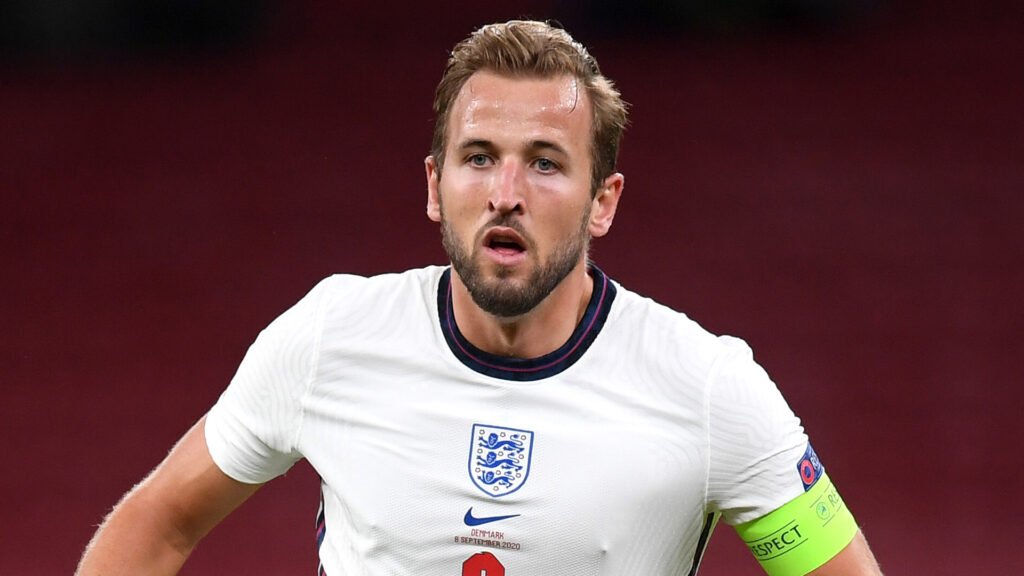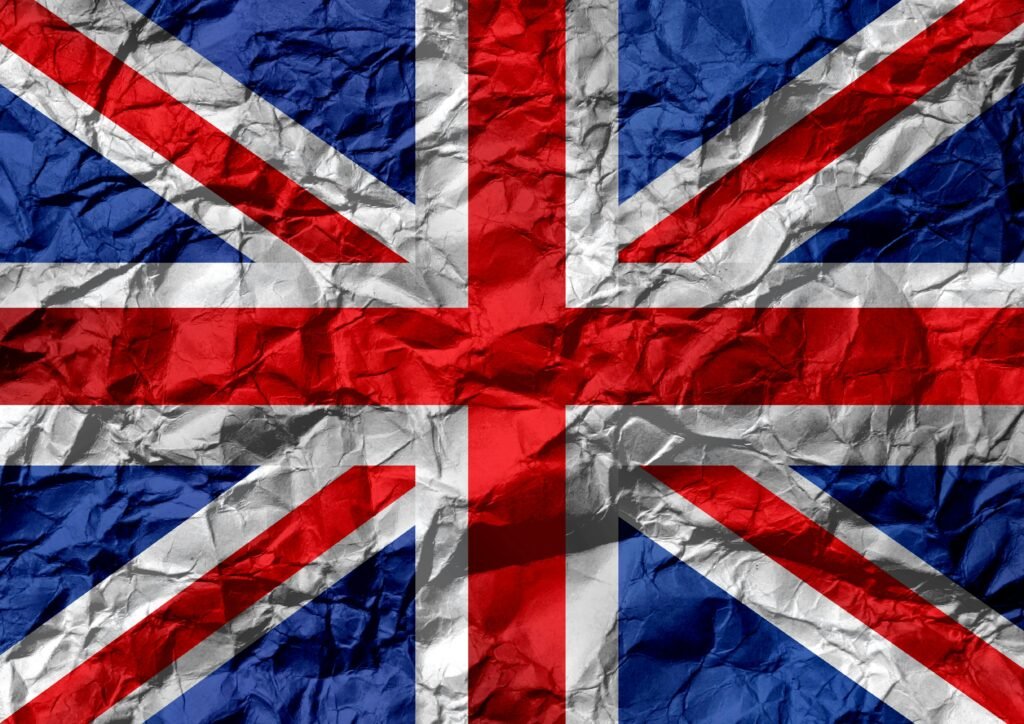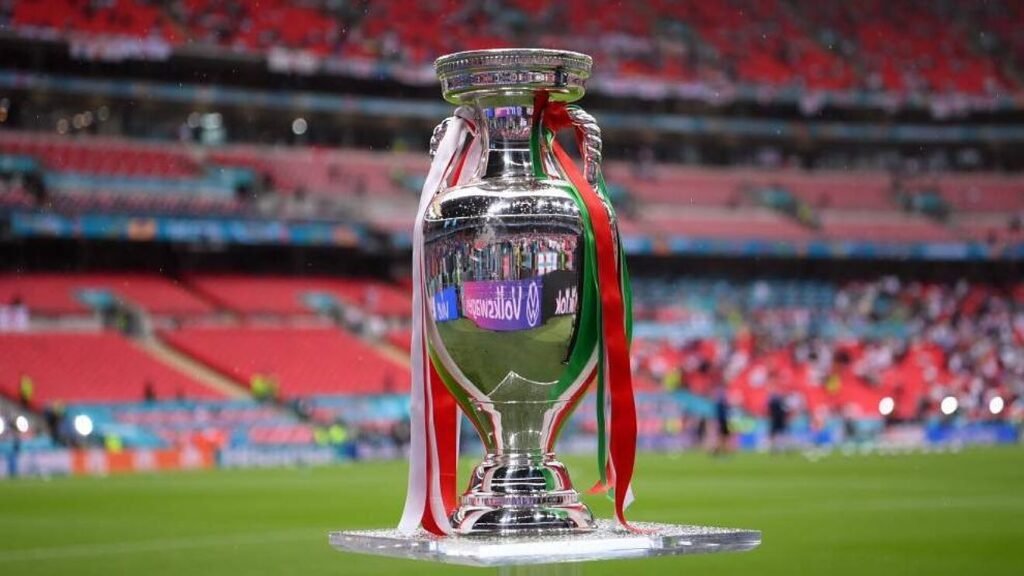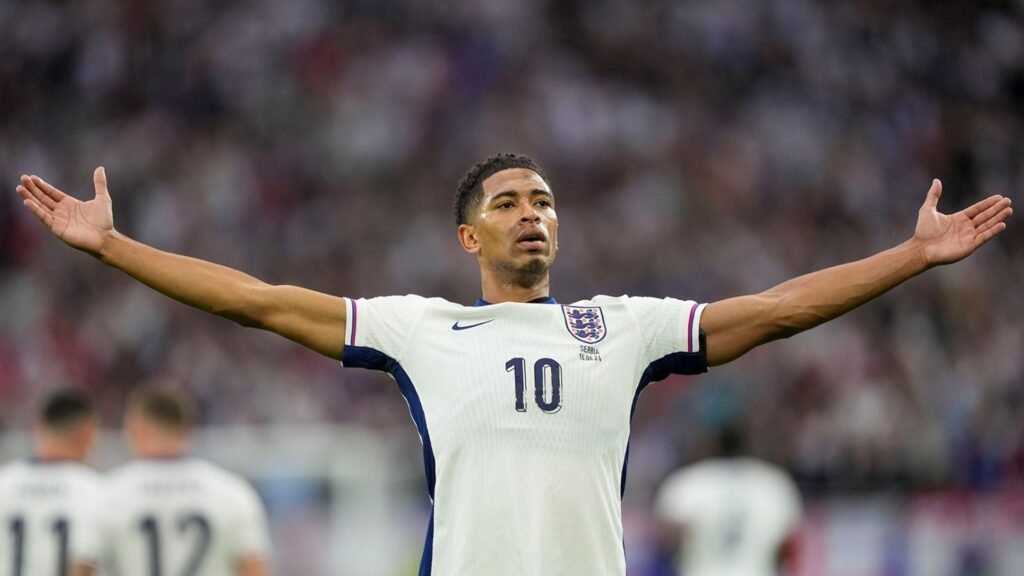Harry Kane, Help Or Hindrance?
Harry Kane: England’s Double-Edged Sword
As England’s captain and all-time leading goal scorer, Harry Kane’s importance to the national team is undeniable. However, his performance in the recent 1-1 draw against Denmark at Euro 2024 has reignited debates about his role and effectiveness in the current England setup.
The Good: Kane’s Goal scoring Prowess
Kane’s ability to find the back of the net remains his strongest asset. In the match against Denmark, he once again demonstrated his predatory instincts by capitalizing on a defensive lapse to open the scoring in the 18th minute. This goal showcased Kane’s enduring value to the team – his ability to punish opponents’ mistakes and provide England with crucial leads.
Throughout his international career, Kane has consistently delivered goals when England needed them most. His record speaks for itself, and in tournaments where margins are tight, having a reliable goalscorer can be the difference between success and failure.
The Bad: Fading Influence and Tactical Limitations
Despite his early goal, Kane’s performance against Denmark was largely disappointing. He was substituted off in the 67th minute after struggling to impact the game beyond his initial contribution. This substitution, relatively rare for a player of Kane’s stature, highlights the concerns about his overall influence on England’s play.
Kane’s style of play, which often sees him drop deep to link up with midfielders, can sometimes lead to a disconnect in England’s attack. While this approach has been successful at club level, it doesn’t always translate effectively to the international stage, where teams have less time to develop intricate attacking patterns.
The Tactical Conundrum
England’s struggles against Denmark weren’t solely down to Kane, but his presence does shape the team’s tactical approach. The team often seems caught between playing a possession-based game and a more direct style, with Kane’s positioning key to both approaches.
When Kane drops deep, it can leave England without a focal point in attack, making it difficult for wingers like Bukayo Saka and Phil Foden to find space and create chances. Conversely, when Kane stays high, England can struggle to build play through the middle, leading to a reliance on long balls and crosses.
The Pressure of Leadership
As captain, Kane bears the additional burden of leadership. While his goalscoring record is exemplary, questions remain about his ability to inspire and galvanize the team during difficult moments. In the Denmark match, as England struggled to assert dominance, Kane’s influence waned rather than grew.
The Future: Adapting to Evolve
For Kane to remain a help rather than a hindrance to England, both he and the team may need to adapt. This could involve:
- A more fluid attacking system that allows other players to rotate into the striker position when Kane drops deep.
- Utilizing Kane as a more traditional number 9, focusing on his finishing abilities rather than his link-up play.
- Developing alternative tactical approaches that don’t rely so heavily on Kane’s involvement in build-up play.
Gareth Southgate’s Challenge
England manager Gareth Southgate faces a significant challenge in getting the best out of Kane while also maximizing the talents of England’s other attacking players. As Alan Shearer pointed out after the Denmark game, Southgate is “not getting the best out of England’s best players,” and this includes Kane.
Conclusion: A Help, But With Caveats
In conclusion, Harry Kane remains more of a help than a hindrance to England. His goalscoring record and big-game mentality are invaluable assets in tournament football. However, for England to truly thrive, they must find a way to balance Kane’s strengths with a more cohesive and dynamic overall attacking strategy.
The upcoming matches will be crucial for both Kane and England. If they can adapt and evolve their approach, Kane has the potential to lead England to success. If not, questions will continue to be raised about whether England’s reliance on their talismanic striker is holding them back from reaching their full potential.
As Kane himself admitted after the Denmark game, “We know we can improve. There’ll be a lot of noise, a bit of disappointment back home, but we experienced this when we drew to Scotland in the last Euros. The sign of a good team is to find results when you’re not playing your best.” The challenge now is for Kane and England to prove they can do just that.




